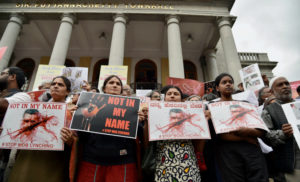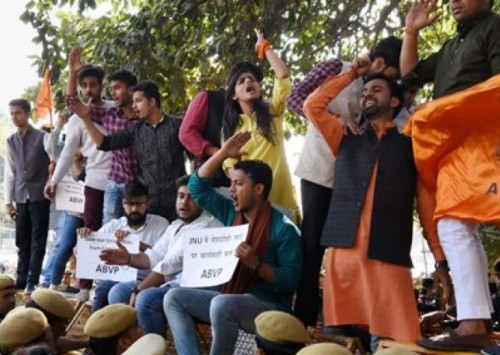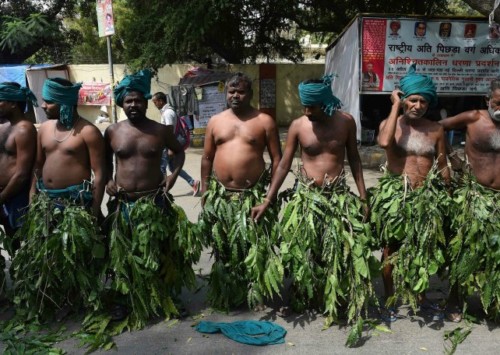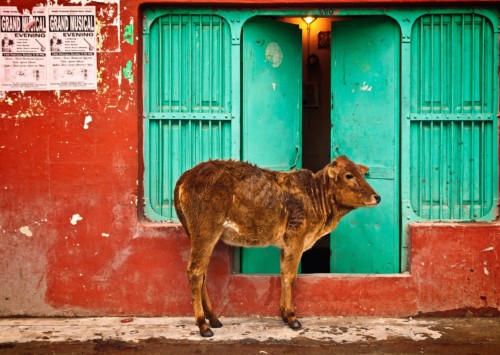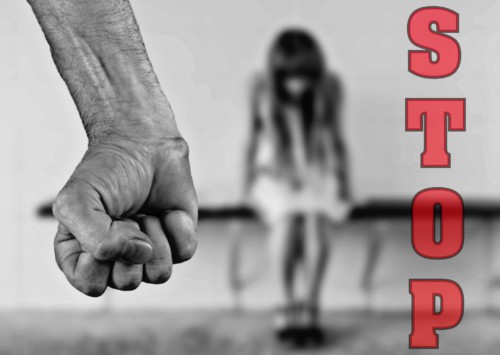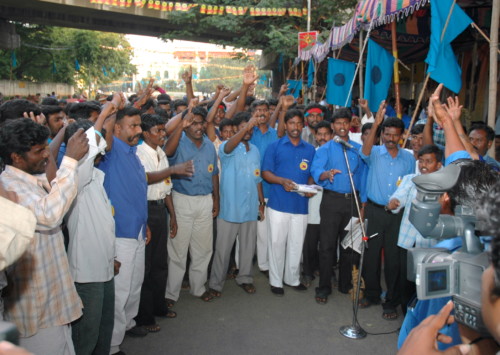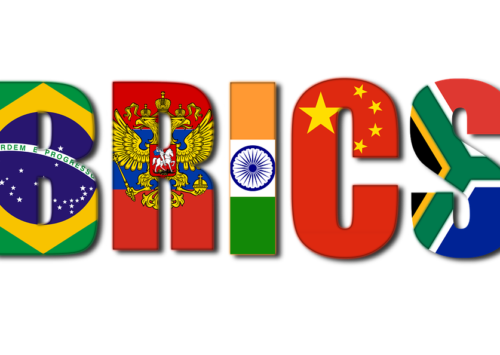‘Not in My Name’ protests in India
The ‘Not in My Name’ campaign saw participation from over 10 cities in India protesting the manifold increase in targeted violence across the country in the past few months.
A Facebook post expressing grief and inviting protests over the murder of a 15-year-old Muslim youth in a crowded train led to over 10 cities in India coming together under the banner ‘Not in My Name’. Primarily held to observe and consequently condemn the communally inspired violence in the name of protecting ‘Gau Mata’ (sacred cow) among other such reasons, this protest saw wide participation yet attracted criticism from certain platforms.
India is increasingly seeing its minorities, namely Muslims and a variety of lower-caste Hindus engaged in bovine-related industries or otherwise, face lethal threats in the form of violence. Inspired and emboldened by indirect and tacit consent by political leaders who push for the cause of the holy cow-mother, blood-thirsty mobs lynching people to death has become the new predominant headline. Right wing groups, inspired by extreme Hinduism, such as the Rashtriya Swayamsevak Sangh (RSS), the ideological backbone of India’s ruling party Bharatiya Janata Party (BJP) have been reported as among those who often nurture people to protect values of the ‘nation’.
To stand in solidarity against this growing atmosphere of fear created by such groups who react violently to anyone who possess a cow or has a certain surname of the ‘wrong’ religion, people across the country got together on a rainy Wednesday evening. The western Indian city of Mumbai, the capital of the country, New Delhi and the eastern Indian city of Kolkata were among the cities that participated in the ‘Not in My Name’ protest. Various images were shared on social media, reflecting the mood of the protests. A number of relatives of those who have been murdered and critically injured through lynching were also present.
At the #NotInMyName citizens rally in my home town. This poster says it best. pic.twitter.com/6ZKgcdIHKS
— Ramachandra Guha (@Ram_Guha) June 28, 2017
Going beyond agitation
The getting together of thousands across the country to stand up against hatred and senseless violence could be considered a positive point yet the movement has not been accepted well by certain groups and analysts. Some critiqued it for its narrow approach, while some offered a balanced critique in terms of the way it could turn towards serving vested interests.
Who would have thought that a day would come when protesting against mob lynching would also be considered anti-national? #NotInMyName
— Shirish Kunder (@ShirishKunder) June 28, 2017
BJP will call #NotInMyName protests selective outrage, Cong will make it anti Modi. And citizens will watch helplessly. Till next lynching!
— Rajdeep Sardesai (@sardesairajdeep) June 28, 2017
However, despite the criticism and problems, the movement was followed by the first acknowledgement of the existence of such a form of violence by the Indian Prime Minister Narendra Modi, in the form of a tweet. Even as the two actions may not be related, the timing has been significant. Yet, words and agitations, important starting points as they are, cannot be equated with action and transformation, which need to be followed up.
Indian protests of #NotInMyName will not stop bigots mob lynching. You need to ?CONFRONT a CORRUPT police & judiciary. Q is will you dare?
— Rita Banerji ✍⚖ (@Rita_Banerji) June 28, 2017

